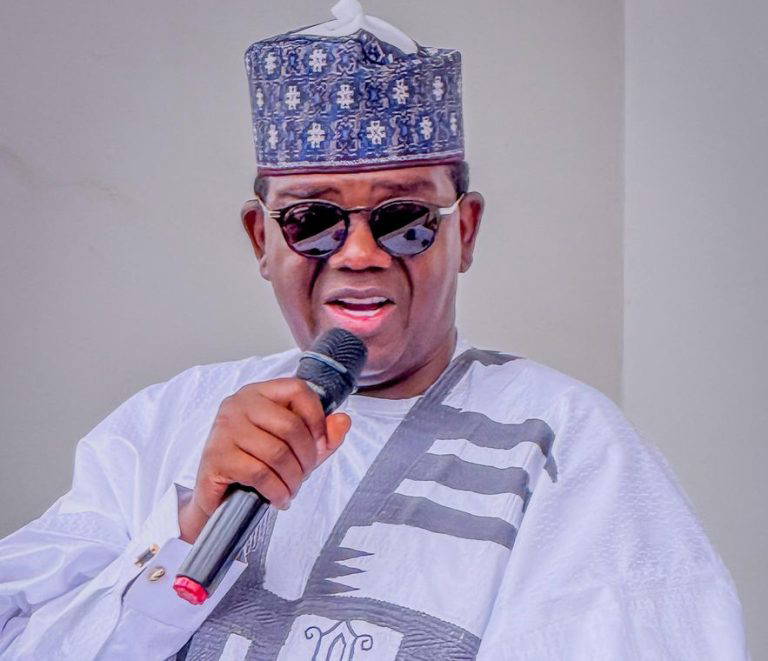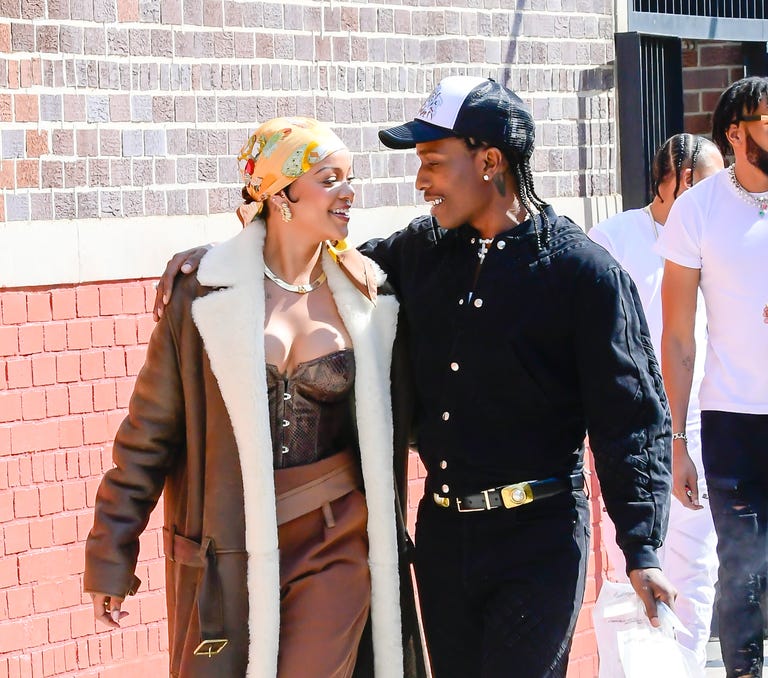Amina Jane Mohammed:

She has been deputy secretary general of Nigeria to the UN since 2017. She is also Chair of the United Nations Sustainable Development Group. She is an accomplished woman who has also served as National Commissioner and Human Rights Commission of Nigeria from 2005-2007. Her career choices prioritise development and people, setting Nigeria on a sustainable innovation path.
Ngozi Okonjo-Iweala:

She is the seventh director general of the World Trade Organisation (WTO), becoming the first woman and first African to lead the WTO. Dr Ngozi Okonio-Iweala is a global finance expert, economist, and international development specialist with over 30 years of experience across Asia, Africa, Latin America, and North America. Previously, she was Chair of the board of Gavi, the Vaccine Alliance an organisation that since 2000 has immunised globally 760 million children.
Mosunmola Abudu:

She is also known as Mo Abudu, and in 2006 launched Ebonylife TV (ELTV), a network airing in 49 countries across Africa. She has emerged as one of Nollywood’s leading producers, working on projects such as Desperate Housewives Africa in partnership with Disney, Sons Of The Caliphate, Castle & Castle, and the On the Real The Governor. According to Forbes, “Media mogul and EbonyLife founder Mo Abudu is on a mission to bring Africa’s stories to the world and upend Western misperceptions of the continent. The entertainment industry is looking beyond Hollywood to source local stories that resonate with a global audience. It’s a formula that Abudu has been championing all along, culminating in her signing Netflix’s first multi-title deal with an African production company.”
Chief Mrs Felicia Sani:
She is the President of the General Association of Commodity Market Women and Men Association of Nigeria. She has been successful in mobilizing market women and organising their advocacy and participation in high-level political negotiations. She has been an activist under all of Nigeria’s presidents since 1999. Women are a significant voting bloc in Nigeria’s electorate and her mobilisation skills have made and broken political campaigns, illustrating the influence and power of women’s voices.
Adenike Oyetunde:

She is a disability advocate, lawyer, media personality, author, and life coach. Truly a woman of many talents. She lost her right leg to bone cancer at the age of 20. Despite this life-changing challenge, Adenike rose above to become an influential woman, inspiring the lives of many people. She founded the Amputee United Initiative to advocate for the rights of the disabled.
Kafayat Sanni:

In 2019 at 22, she became the first-ever female fighter pilot in the 55-year history of the Nigerian Air Force (NAF). Sanni has also trained in the US and was named overall best pilot at the NAF 401 Flying Training School in Kaduna State. “It was what I wanted to do. And I felt that everyone is not supposed to fold their arms and watch what is happening in our country. Everyone could always play their part,” she told ThisDay in 2019. “So, I did not think there was any reason for me to think that it is not possible for me to fly the jet because there was no female that ever flew the jet. I believe I could achieve it and I did. It is a privilege for me to be winged as the first female fighter pilot in the Nigerian Air Force.”
Chioma Ajunwa:

Chioma was an Olympic long jumper and won Nigeria’s first individual gold medal at the summer Olympic games in Atlanta in 1996. It remains Nigeria’s only individual gold medal. After her sporting career, she served as a police officer.
FUNMILAYO RANSOME-KUTI:

Ransome-Kuti was the first Nigerian woman to drive a car and a prominent social activist for women’s rights. She established Abeokuta Women’s Union (AWU) and fought for women’s rights, demanding better representation in local governing bodies and an end to unfair taxation imposed on market women. She was described as the ‘Lioness of Lisabi’ for mobilizing women to demand their rights.
QUEEN AMINA OF ZARIA:

Commonly known as the warrior queen, she was the first woman to rule the Zazzau Kingdom, present-day Zaria in Kaduna State. She ruled for 34 years during the 16th century. Her first military campaign began just three months after her coronation. She expanded Zazzau territories and ensured the safe passage of Hausa traders throughout the Sahara region. She may be put on a Naira note one day.She was fondly called “Princess of the Yoruba” and to this day her statues can be found in some Nigerian states. She was a stunningly beautiful woman who married Oranmiyan, king of Ile-Ife. She was captured along with several other Ile-Ife citizens by another warring tribe. Thanks to her beauty, she married the leader of this tribe and learned their secrets. When she escaped Moremi shared the secrets with her people bringing them victory. Her most notable sacrifice is still acknowledged to this day by the Yoruba people: the sacrifice of her son. To discover their enemies’ strengths, she sacrificed her son to a spirit named Esimirin.
Queen Moremi:

She was fondly called “Princess of the Yoruba” and to this day her statues can be found in some Nigerian states. She was a stunningly beautiful woman who married Oranmiyan, king of Ile-Ife. She was captured along with several other Ile-Ife citizens by another warring tribe. Thanks to her beauty, she married the leader of this tribe and learned their secrets. When she escaped Moremi shared the secrets with her people bringing them victory. Her most notable sacrifice is still acknowledged to this day by the Yoruba people: the sacrifice of her son. To discover their enemies’ strengths, she sacrificed her son to a spirit named Esimirin.




